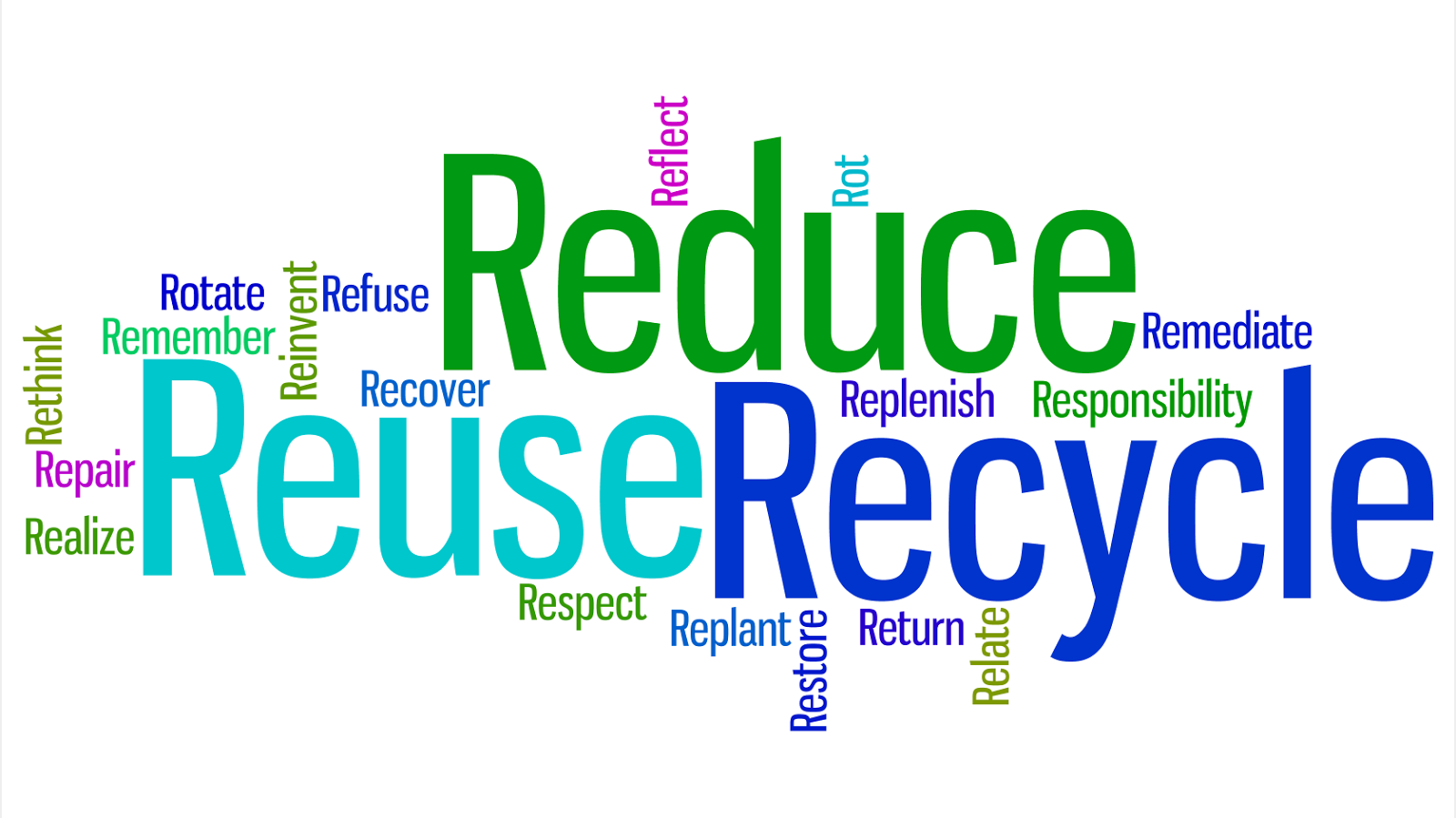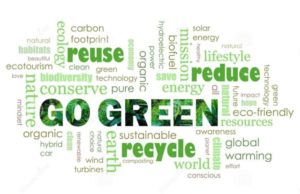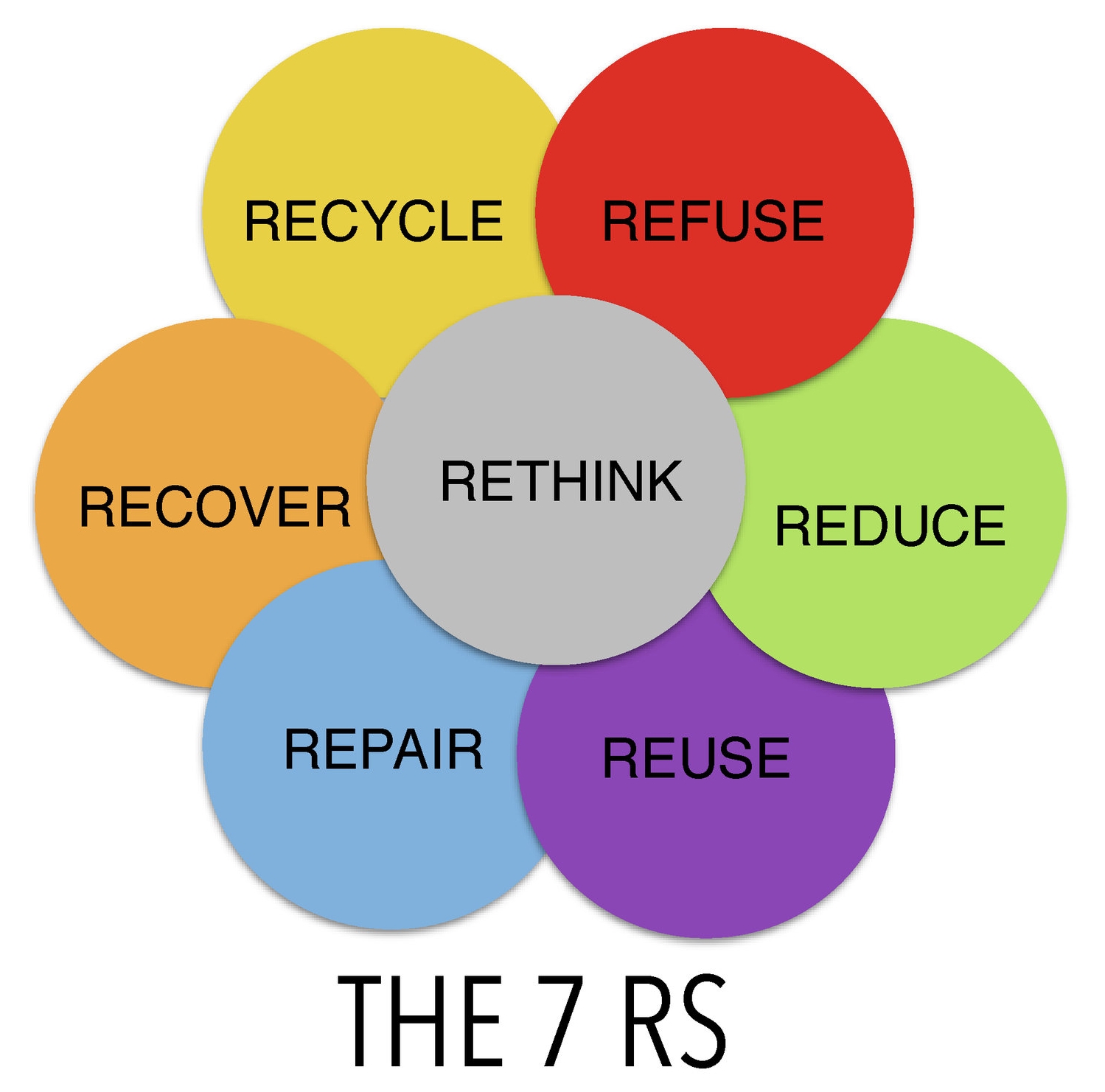Simple ways to live an Environmentally Conscious Living

What is Environmentally Conscious Living?
Conscious living is the process of becoming more aware of yourself. A step to listen to your body and mind, and make more informed decisions in your daily life. Conscious living includes a huge variety of things. Environmentally Conscious living is being conscious of the environment around us and opts for sustainable living practices in and around our house. If you think about it, conscious living has to do with everything you do every single day.
It can be a feeling of peace and power, or
just choice of foods, or
loving nature or “tree-huggers,”
it can be anything that brings AWARENESS to every aspect of your life — inside and out.
Probably, we can be conscious of our goals, our activities, our choices, thoughts anything. I am a fan of “conscious living” and sustainable living. But when it came to writing on it, I was in 20-20 confusion on what to choose for #CauseAChatter.
Environmentally Conscious
A lot has changed in the last decade technologically, globally, climate-wise, and much more. Since my blog is born for my passion for Panchtatwas of nature so I chose to write about the cause of saving our natural resources. I will be sharing my home/ personal/ individual ways for sustainable living and spreading positivity.

In the first place, I’m hereby sharing some simple steps to begin a conscious living practice at home. What is our impact on the planet and what can you do every day to be more conscious about this?
In like manner, when you want to make a conscious living, the main areas where we need to make modifications that are sustainable are –
- our homes
- the energy we consume
- food choices and what and how we eat
- how we travel or what transportation we choose
Important to realize, People who choose to live a sustainable lifestyle embrace renewable energy sources that do not impair the environment, such as water, solar, wind, or geothermal energy. We need to be conscious of the things we use.
Now that you know that conscious, sustainable living is not a compromise anymore but a choice, when are you taking the first step toward it?
Five simple steps to be more environmentally conscious
Buy less and live more minimally
We need to be more conscious of what we are buying and why it is needed. Buying just for the sake of sale or dumping at home should be completely avoided. Unknowingly we buy way too much and live with so much that it tends to trap us and weigh us down.
Reduce Plastic
This is no new message in today’s times. Plastic is found in homes everywhere be it, kitchen, washroom, cosmetic products, packaging material, phones, gadgets, computers, even chocolates, biscuits, candy, with an endless list to it. Most plastic like a bottle or bag is disposable and is used for only a very short time before being discarded. Plastic is dangerous because it’s polluting our cities, oceans, and waterways; and it’s contributing to health problems in humans and animals. Try and reduce it as much as you can by carrying cloth bags, carrying your own cutlery, glass while traveling, using your own bottles and napkins.
Waste Less
Being more environmentally conscious means producing less waste. Observe what and how much you waste, and how you can reduce waste. All the waste that’s produced ends up in a landfill where most of it will either produce dangerous methane gas or leak chemicals into our environment. Plastic will take 100 or even 1000 years to decompose. The easiest way to reduce waste is to start recycling, a small way to help the planet. If you are environmentally conscious, don’t buy things wrapped in plastic or other disposable materials. Buying in bulk and shopping at the local farmers’ market is a great way to reduce waste. Always carry reusable bags for bulk items, vegetables, and fruits. If possible, buy milk and yogurt in returnable glass containers.
Cook at home
It’s no secret that cooking at home reduces waste more than getting takeout food or eating in restaurants. Processed and takeout foods, in general, come with lots of waste, from stickers to the petroleum-based plastic wrap, to Styrofoam and aluminum trays, cans to preserve them, and rubber bands to hold items together. Most of these things cannot be recycled. Besides the waste, the food packaged in these materials also exposes us to Bisphenol A, or BPA, so breaking free from processed and takeout food serves both the environment and our own health.
Composting
Select your food scraps. Start with fruits and veggies — the skin of a potato, cucumber, peels of orange or banana, the top of your strawberry. Also, tea bags or even strained tea leftover, coffee grounds, eggshells, old flowers, dead leaves, twigs, cotton and wool rugs, shredded newspaper — even human hair! Just store these scraps and make compost. Composting is a great way to reduce waste and turn any food scraps into beautiful fertilizer.
These days we get compost pots also easily available you can check my post on compost pots here. Home composting can take some of our leftovers, waste, and unwanted extras and turn them into fertile soil to boost the productivity of gardens and landscapes. You can purchase a composter, or make your own. Homemade compost is free of cost and improves soil fertility and stimulates healthy root development in plants. It feels good. When else can you turn trash into treasure? Plus, scraps stay out of the landfill, reducing your footprint.
Check out my post where I help you be more aware and conscious of the things you use at home and individually in daily life.
Reuse Recycle Replace Reduce
In the long run, I look forward to adding my small steps towards writing for Go green living and have a conscious living. Additionally will share small steps towards Reuse Recycle Replace Reduce. It will be more surrounded by Environmental talks. Maybe you’re conscious about the environment and have made choices to recycle, and not litter. It has been realized and proved that The well-being of our selves, our community, and earth are connected so a balanced simple living with nature connection is a must. To read more about Conscious living, waste management, sustainable living, minimalistic living, mindfulness living with me, look for #”Better Living Conscious Living”.

In essence, Stay with me as I share with you a series of posts on sustainable living and conscious living. In the coming months will share with you simple steps to reuse, reduce, recycle within your home and add a bit towards your conscious living efforts. If you too feel to bring a meaningful change and want to share with the world do participate in this wonderful campaign? Register here and start writing!
This post is part of Blogchatter’s CauseAChatter‘ – Environmental Talks series.








Hey Pragun, yes I agree that living sustainably is a choice and not a forceful action. Last year has taught us many ways to save and live with minimum things available. Looking forward to more posts on this topic.
Thankyou Geethica, yes living sustainably is a choice but an environmentally healthy option towards a greener future.
Totally agree with the ways to reduce. We need to be mindful of what we want, what we need
Thankyou Harshita for visiting, and supporting the cause.